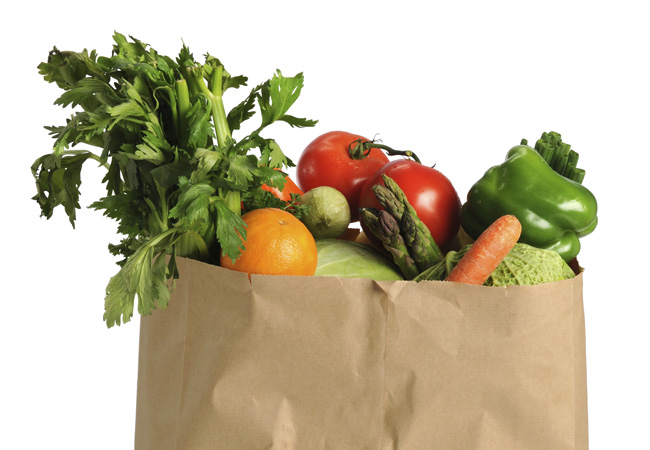5 sensible diet tips
Weight loss coach and author Sally Asher offers her top tips.
1. Eat nutritious foods
Eat nutritious foods rather than sugary foods, which produce a rush of energy followed by a crash and, probably, cravings for more sugar.
2. Give food your full attention
Make eating an occasion rather than eating on the run or while distracted. Give food your attention when it’s time to eat, notice what it tastes and feels like and when you’ve had enough.
3. Eat at the table
Only eat sit down at the table and unplug all electronics.
4. Fill up on protein
Include protein at every meal because it is the most satiating food and helps to tide you over to the next meal rather than leaving you seeking an emergency snack.
5.Go for quality over quantity
With treats like dessert, welcome them into your life but go for quality over quantity – savouring a little bit of something you genuinely enjoy is far more pleasurable than wolfing down a block or tub of cheap chocolate or ice cream. The key is to embrace it and not buy into any guilt.
NEXT: 20 ways to stay diet strong>>
{nomultithumb}





